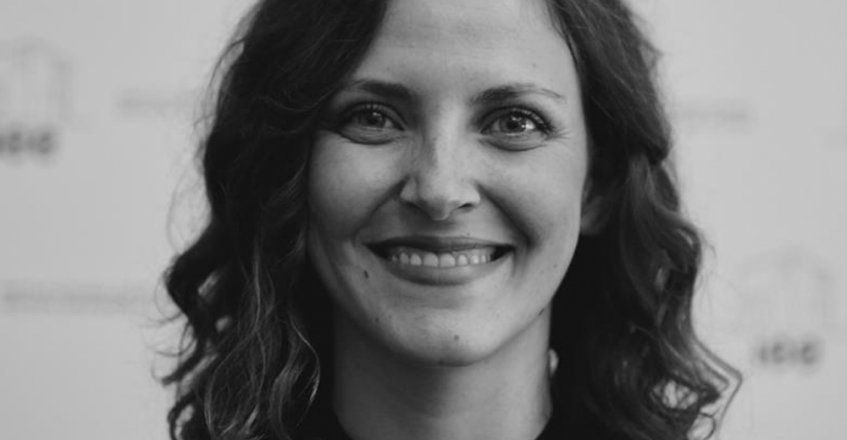Objave
Aysel Küçüksu: I was confronted with a young version of myself
Aysel Küçüksu is a Bulgarian filmmaker with Turkish roots. She is based in Denmark, where she has strengthened her foundations in filmmaking through hands-on programmes such as the 48-hour Filmschool at Filmværket and Søndagsfilmskolen at the Danish Film Institute.
Aysel Küçüksu is a Bulgarian filmmaker with Turkish roots. She is based in Denmark, where she has strengthened her foundations in filmmaking through hands-on programmes such as the 48-hour Filmschool at Filmværket and Søndagsfilmskolen at the Danish Film Institute. Her short documentary LETTERS won the Best Director Award in the Documentary Short section of the Cine Paris Film Festival and at the 31st Sarajevo Film Festival it is being screened in the Competition Programme - Documentary Film.
How did the idea for this film come about? You have found forgotten letters or something reminded you of them?
I had long wished to make a film that was stripped down to the bones. Then, I had this visceral memory of having exchanged these letters with my mother a decade ago and I became curious about what it might feel to get to read them to each other again. What I thought would be especially unique about the situation was that, unlike how it usually goes, where you get to re-read the letters you have received, here we would get to read the letter we had sent all that time ago. So, in a sense, each of us would get to confront our own past selves. This seemed like an opportunity to inspire the kind of vulnerability that makes documentary footage sacred. So I had to try and capture it on camera.
Both you and your mother were moved to tears by the words you wrote to each other long ago, in the days of separation. How exciting was it to read clear expressions of love and intimacy on camera?
Reading the letters in front of the camera was really moving because we were reading to each other, but also to ourselves. I was confronted with a young version of myself, whose views I did not necessarily share any longer. I realised that I had grown wiser, but also felt a certain regret at having had written some of those words. My mother's generous response to them, both back when she had written the letter and then again, when she read it out loud to me in front of the camera humbled me. Having the letters juxtaposed to each other unearthed new truths for me about love, sacrifice, and the importance of intergenerational conversation.
You dedicated the film to your mother and your daughter. How did the two of them react when they saw the film?
My mother, having watched herself on the big screen for the first time, jokingly remarked that the camera is not as generous as the mirror. I love her sense of humour. She was proud of me and touched by the VHS footage I had managed to include in the film. My daughter is too young to watch the film (she is a toddler), but I carry the knowledge that I have made and dedicated the film to her in me, hoping that one that she will watch it and be proud of me too.






